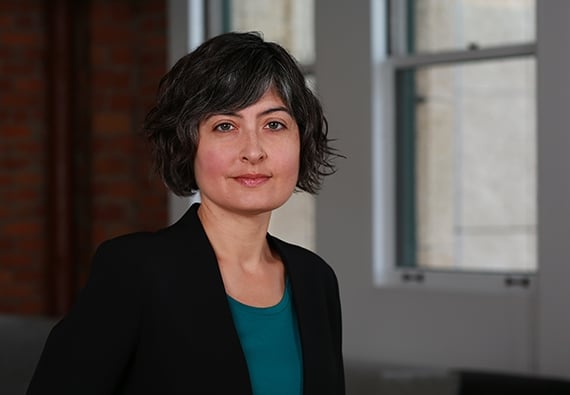Newly-Published Regional Steel Case Raises More Questions Than It Answers
In May, California’s Second Appellate District affirmed a summary ruling that a Commercial General Liability insurer did not have a duty to defend a subcontractor who supplied faulty “seismic tie hooks” that were encased in concrete shear walls. The case is Regional Steel Corporation v. Liberty Surplus Insurance Corporation, Cal. Ct. App. 2d Dist. B245961, and the court has just granted Liberty’s request to certify the case for publication.
The Second Appellate District declined to follow the “incorporation doctrine,” adopted by the First Appellate District in cases such as Armstrong World Industries, Inc. v. Aetna Casualty & Surety Co., 45 Cal.App.4th 1 (1st Dist. 1996), Shade Foods, Inc. v. Innovative Products Sales & Marketing, Inc., 78 Cal.App.4th 847 (2000). At issue in Armstrong was the cost of removing asbestos-containing building materials, which had been installed in larger structures. At issue in Shade Foods was a supply of ground almonds that was contaminated with wood chips, but had been incorporated into “nut clusters” for breakfast cereal. In both cases, the First Appellate District held that the mere incorporation of these faulty products or material into third-party property constituted covered “property damage.”
The Regional Steel court, however, relied instead on the Third Appellate District’s opinion in F&H Construction v. ITT Hartford Ins. Co., 118 Cal.App.4th 364 (2004). In F & H Construction, the insured contractor had supplied defective steel pile caps that were welded onto driven piling, and needed to be replaced. The F & H Construction court ruled that the incorporation of a defective component or product into a larger structure does not constitute property damage unless and until the defective component causes some kind physical injury to another component of the system.
The interesting thing here is the way that the Regional Steel court attempted to distinguish Armstrong and Shade Foods. The court tried to draw a distinction between the materials at issue in those cases – asbestos and wood chips – on the theory that they were inherently “hazardous” and therefore their incorporation into a larger whole necessarily “contaminated” the finished product. The court reasoned that this was different from a defective workmanship, which does not “damage” the rest of the project.
The distinction might be easy to articulate, but it seems difficult to apply in practice. Where defective workmanship affects public safety, doesn’t it necessarily “contaminate” (i.e., damage) third party property? Indeed, the very purpose of the “seismic tie hooks” at issue in the Regional Steel case were to ensure the stability of concrete walls in the event of an earthquake. If the faulty tie hooks made the structure unsafe in an earthquake, how is this different from asbestos, which makes a building unsafe in the event that the material comes loose from its casing and is inhaled? In practice, the Regional Steel case raises as many questions as it answers.


